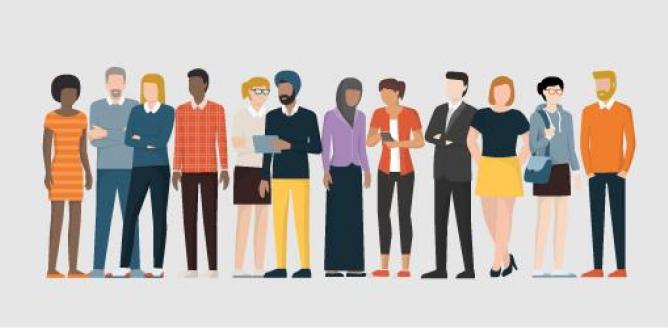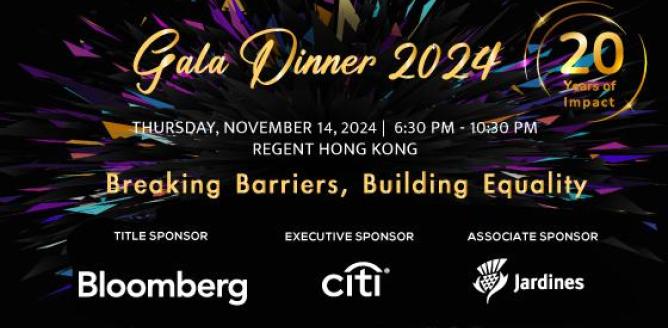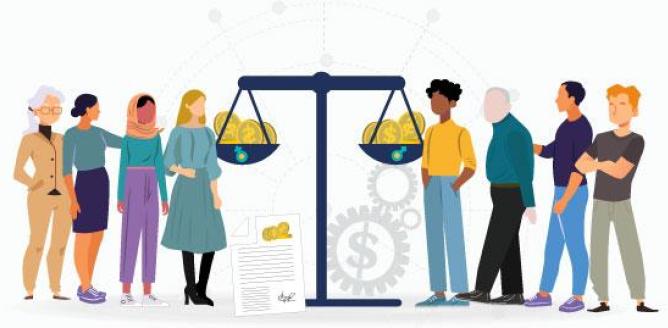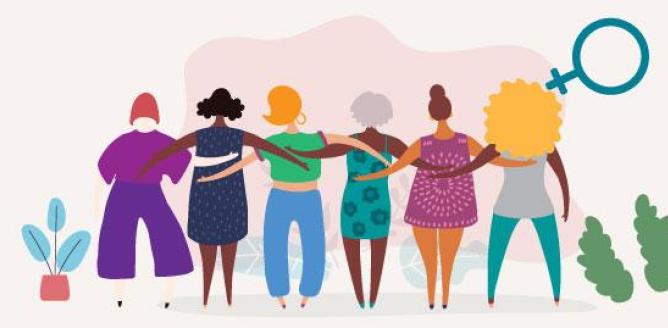“Inclusion is not a matter of political correctness. It is the key to growth.” — Jesse Jackson, American Politician and Civil Rights Activist
Like the global #MeToo movement, support for US-born movement #BlackLivesMatter is gaining momentum across the globe, to acknowledge and reform the systemic racism that still exists in many parts of the world. The weekend saw demonstrations in the streets in support of the movement in Japan, Korea, and Europe, among other places. For some, like Australia, the movement has been localised to reflect the struggles of racism in their own economies.
Race significantly intersects with gender, with women from minority communities facing the double discrimination of racism and sexism. This is true in Hong Kong, where women and girls from minority backgrounds face challenges that other women and girls do not have to navigate.
Girls from ethnic minority backgrounds have much lower educational attainment than their male or Chinese counterparts. The education of girls is closely linked to poverty, and ethnic minorities are the poorest population in Hong Kong, with 1 in 5 living below the poverty line. Historic segregation in the local education system mean many are at a disadvantage in speaking Cantonese and therefore also in seeking employment later on.
About 390,000 Foreign Domestic Workers (FDWs) live and work in our city, making up more than 50% of ethnic minorities here. The vast majority are female, from the Philippines or Indonesia, and are a crucial part of the workforce, contributing an estimated US$12.6 billion to our economy last year. FDWs face a specific set of challenges, with lower than living wages, a lack of systematic protection of their limited rights, increased vulnerability to exploitation and abuse, and overt discrimination.
Struggles women from minority communities often face are compounded by factors such as their sexual orientation, religious beliefs, abilities or age.
At TWF, we know gender equality cannot be actualised unless the inequalities of its intersections – race, sexual orientation, religion, disability, and socio-economic background, among others – are also comprehensively addressed. We need greater awareness about the impact of double and triple (or more) discrimination that these women face, we need to learn and unlearn systemic barriers that are in place, and we need solutions that are tailored to each communities’ specific needs. The Government, the education system, employers, service providers and others all have a role to play in bringing about a just and inclusive society. Let’s ensure all of us, particularly women from minority communities, have access to the same rights, protections and opportunities, and that our differences and contributions are recognised and celebrated in equal measure.
Get in touch at Fiona.Nott@twfhk.org.





















